We were lucky to catch up with Danielle Walker recently and have shared our conversation below.
Danielle, we can’t begin to explain how much we appreciate you sharing about your PPD experience, but we can say that so many in our community are suffering from or have suffered from postpartum issues including postpartum depression and so you sharing your story and how you overcame it might help someone who is going through it right now or in the future. What can you share with us about how you overcame PPD? For readers, please note this is not medical advice, we are not doctors, you should always consult professionals for advice and that this is merely one person sharing their story and experience.
How I Overcame Postpartum Depression: Finding Myself Again After Motherhood
By Danielle Walker, LMFT
Before becoming a mother, I was confident that I would recognize the signs of postpartum depression. As a licensed marriage and family therapist, I was trained to see them — to hold space, intervene, and help others manage the emotional turbulence that sometimes follows childbirth. I thought knowledge would be my armor.
But nothing could have prepared me for what it actually felt like to live through it myself.
When my first child was born at the end of 2020 — in the height of the COVID-19 pandemic — the world was turned upside down. Like so many new parents, my husband and I were isolated. There was no village, no family dropping by to lend a hand, no mom groups to join for comfort or solidarity. Just me, my husband, and our baby boy, navigating an entirely new world from our living room.
I was grateful to have my husband by my side, but inside, I was unraveling. I felt bitter, overwhelmed, and in disbelief that this was what early motherhood was supposed to feel like. The exhaustion was all-consuming, the brain fog relentless. I didn’t recognize myself. I couldn’t make sense of who I had become or why I felt so lost. I was sad and angry with myself for not being the kind of mother I thought I’d be.
At just two months postpartum, I began preparing to re-enter the workforce. I thought throwing myself back into work would bring clarity — or at least a sense of identity. And for a while, it did. My work became an escape, a space where I still felt capable and confident. But, the heaviness lingered. I adored my child deeply, but I couldn’t shake the feeling that I was failing him — and failing myself.
I didn’t realize at the time that I was in the thick of postpartum depression.
It wasn’t until my son was about two and a half years old that the fog began to lift enough for me to see the truth. The realization came quietly but powerfully — I had been living in survival mode for years. My depression had consumed my identity, leaving me disconnected from the very moments I longed to cherish.
The turning point came on Halloween night, 2023. My son, dressed in his little costume, looked up at me and asked if he could go up to the next house by himself. I watched as he ran up the driveway, candy bucket in hand, full of independence and joy. In that moment, something shifted. I saw not only how much he had grown, but how much I had missed — mentally, emotionally — while being caught in the grip of my own self-doubt and sadness.
I vowed then to stop letting my inner turmoil rob me of the moments that truly mattered.
Looking back now, I can see how many factors played into that challenging season. My husband was also navigating enormous change — making a complete career pivot during the pandemic and building a business from the ground up. We were both exhausted, uncertain, and trying our best to keep everything afloat. There were moments when I felt unsupported or unseen, but I now understand that we were both doing the best we could in the middle of an extraordinary and unprecedented time.
In the years since, our family has grown — we now have two boys — and my perspective has evolved in ways I couldn’t have imagined. I feel immense compassion for the version of myself who was just trying to survive. And I feel profound gratitude for my husband, whose perseverance and commitment to our family never wavered. Together, we’ve learned to slow down, to embrace the chaos, and to find joy in the smallest, most ordinary moments.
Postpartum depression is not simply sadness or “baby blues.” It’s disorienting, life-consuming, and can make you feel like you’re functioning on autopilot — smiling on the outside while silently falling apart inside. I’ve been there. But I also know that there is life and light on the other side of it.
Today, as I work with clients who are parents, or who may be experiencing or anticipating postpartum depression, I bring that lived empathy into every session. The identity shift that comes with new parenthood is profound — and it deserves validation, care, and time. I help my clients understand that struggling does not make them bad parents; it makes them human.
Healing didn’t come overnight for me. It came in layers — through awareness, compassion, and the courage to let go of perfection. I no longer feel like I’m drowning beneath the weight of expectations. I can finally breathe, engage, and be fully present with my family.
Postpartum depression changed me, but it also softened me. It deepened my empathy, strengthened my marriage, and made me the mother — and therapist — I am today.
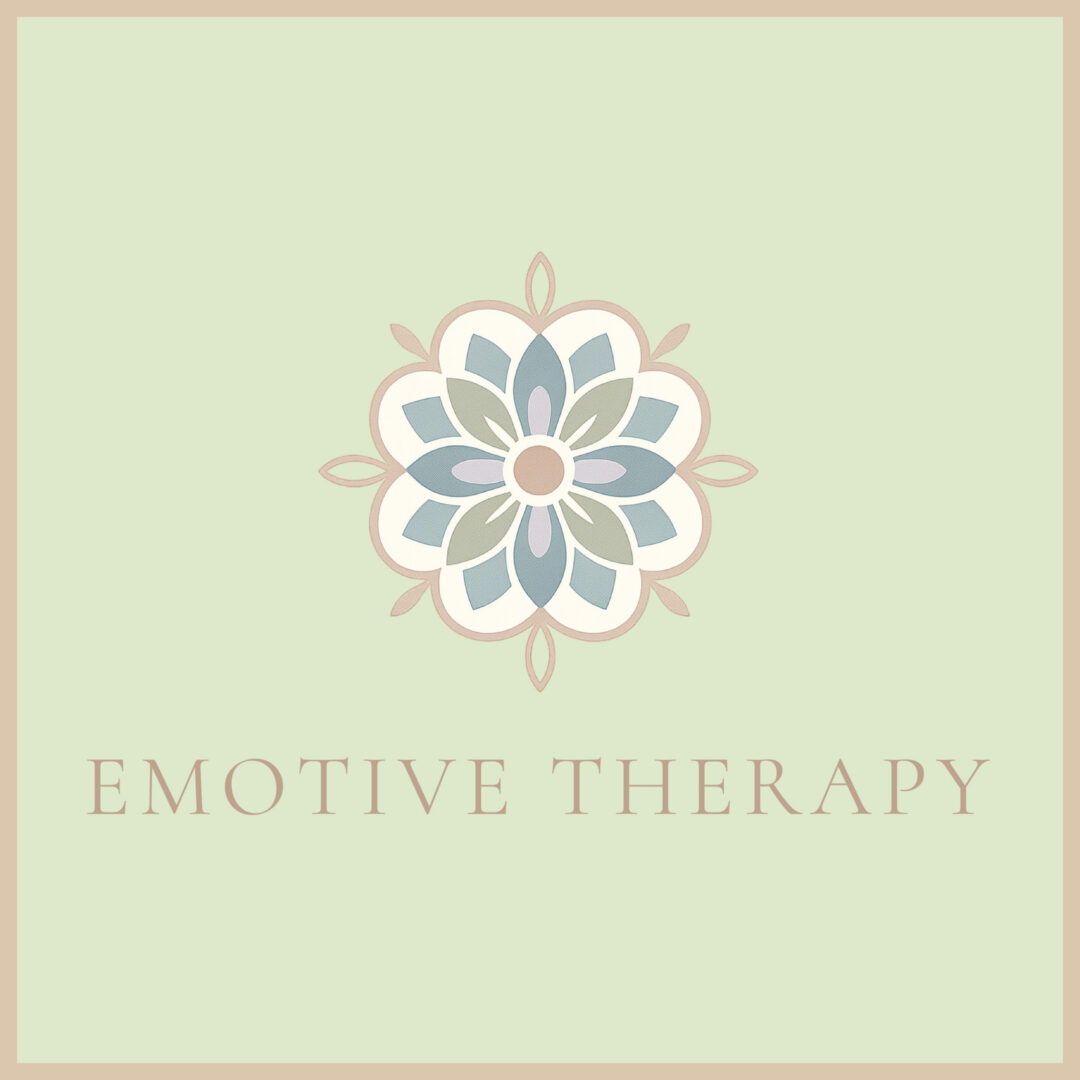
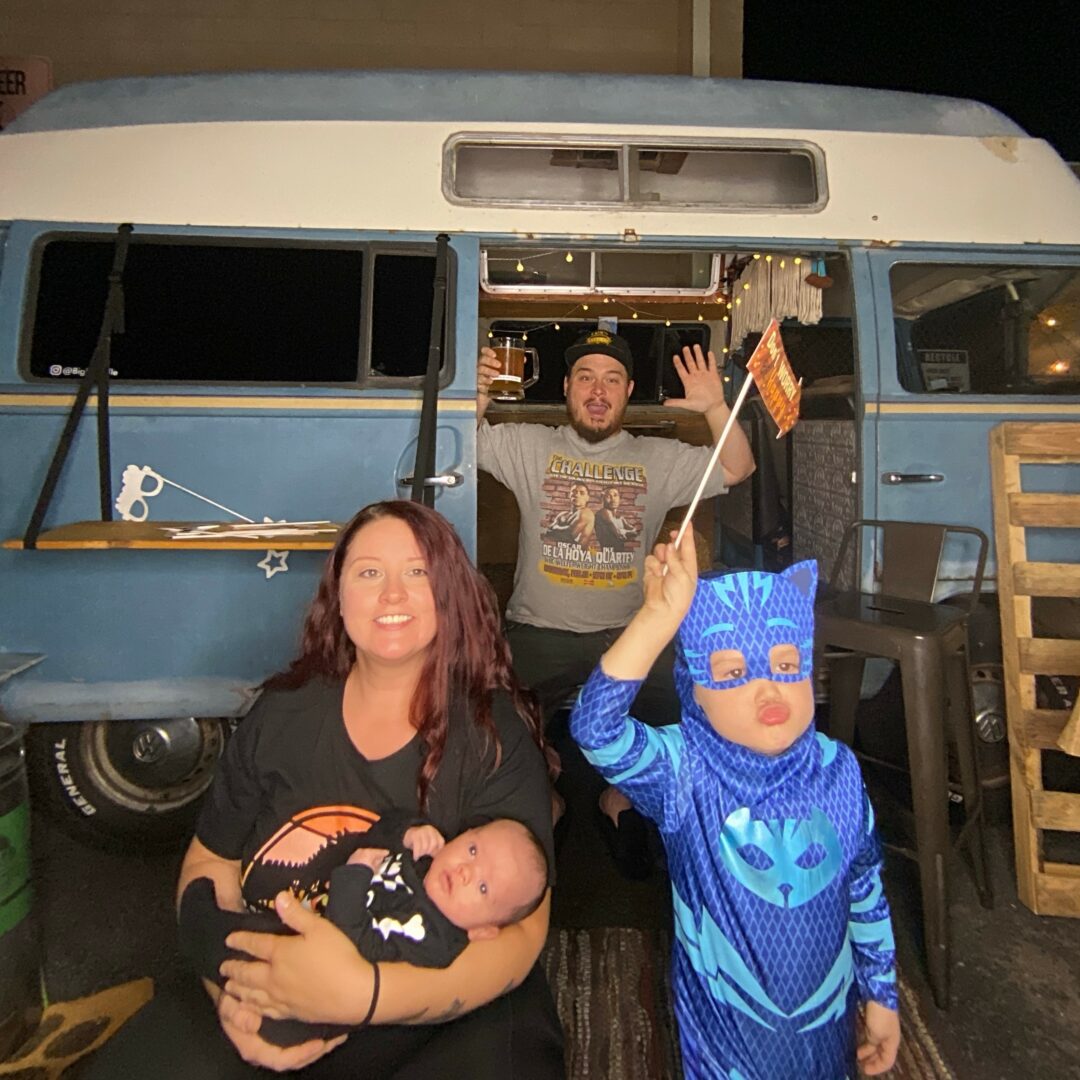
Thanks, so before we move on maybe you can share a bit more about yourself?
Learn More About Danielle Walker, LMFT
Therapist. Mother. Advocate for Authentic Connection.
My name is Danielle Walker, and I’m a licensed marriage and family therapist based in California. I’m a telehealth therapist who provides compassionate, accessible care to clients across the state. I absolutely love helping others, creating connection, and witnessing the growth that comes from insight, self-love, and empowerment.
My practice primarily focuses on helping adults navigate relational concerns such as attachment issues, codependency, childhood trauma, family dynamics, unresolved grief, anger and defensiveness, perfectionism, and life transitions. I find deep fulfillment in walking alongside clients as they unlearn old patterns, rediscover their inner resilience, and begin to feel more connected — both to themselves and the people they love.
What I love most about this work is watching people come home to themselves. Therapy isn’t just about managing symptoms or solving problems; it’s about cultivating awareness, building emotional safety, and giving ourselves permission to be imperfectly human. My clients often come to me during seasons of change — times when life feels uncertain or disconnected — and it’s an honor to help them make sense of their experiences and rebuild with intention and compassion.
My own story deeply informs the way I show up in my practice. I became a mother during the height of the COVID-19 pandemic, an experience that brought both joy and immense challenge. After the birth of my first child in 2020, I experienced postpartum depression — something I never expected, especially as a therapist trained to recognize the signs. It wasn’t until years later that I realized just how much I had been struggling.
That chapter of my life changed me. It taught me humility, empathy, and the power of self-compassion. It showed me how isolating and disorienting identity shifts can be — and how important it is to have someone walk beside you through them. Those lessons became the heartbeat of my work.
Today, I specialize in supporting clients through major life transitions — parenthood, relationship changes, loss, and rediscovery. I believe that identity shifts are not setbacks; they’re invitations to grow and to reconnect with who we truly are.
What feels most exciting about my work right now is the growth and expansion of my practice. After several years as a solo practitioner, I’m in the process of building a group practice that brings together therapists who share my passion for relational healing and authentic connection. Together, our goal is to create a supportive and collaborative space for individuals, couples, and families who are navigating change and seeking clarity, healing, and balance.
Beyond therapy sessions, I’m deeply committed to advocacy and education around mental health, parenthood, and emotional wellbeing. I want to help normalize therapy — to make it feel approachable, safe, and empowering. I often remind clients (and myself) that you don’t have to be “broken” to seek support. Therapy can be a space for growth, reflection, and prevention, not just crisis.
If there’s one message I hope to share through my story and my work, it’s that healing is not linear — and you don’t have to have it all figured out to begin. Growth often happens in small, quiet ways: in choosing to show up, in finding your voice, in learning to extend grace toward yourself.
As a therapist, mother, and lifelong learner, I continue to find meaning in helping others build lives rooted in authenticity, connection, and self-trust. It’s a privilege to hold space for people as they step into their own healing and empowerment — and I’m continually inspired by the courage it takes to do so.
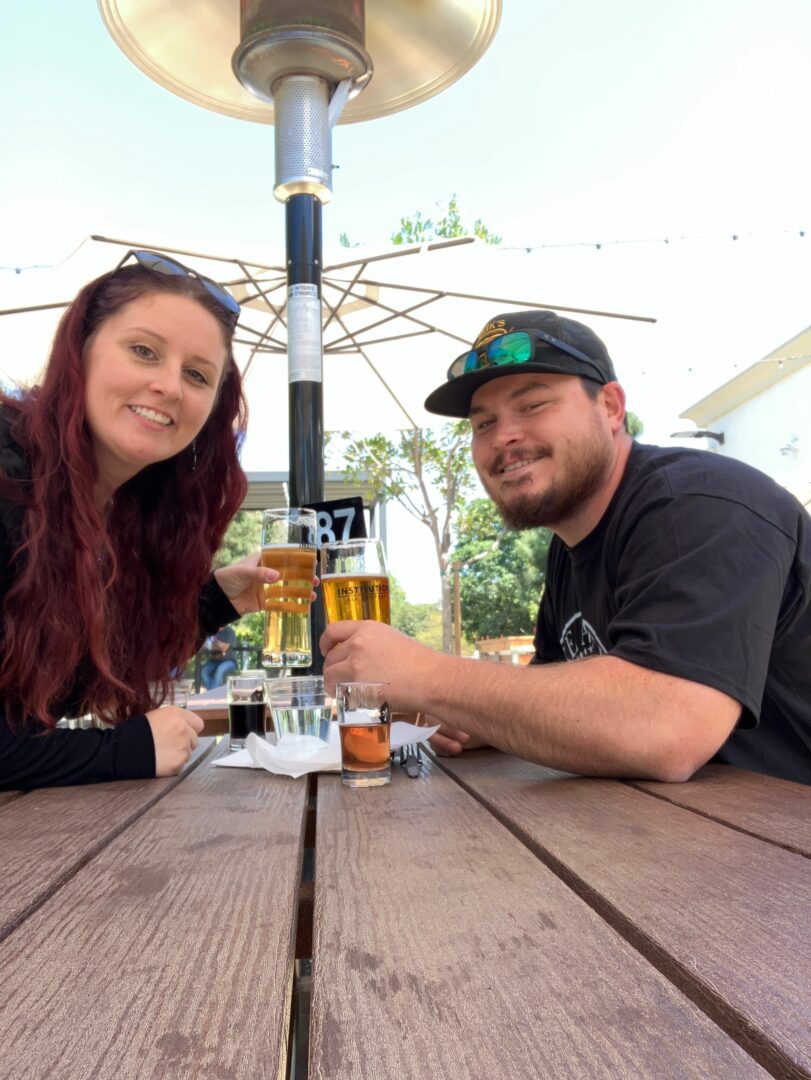
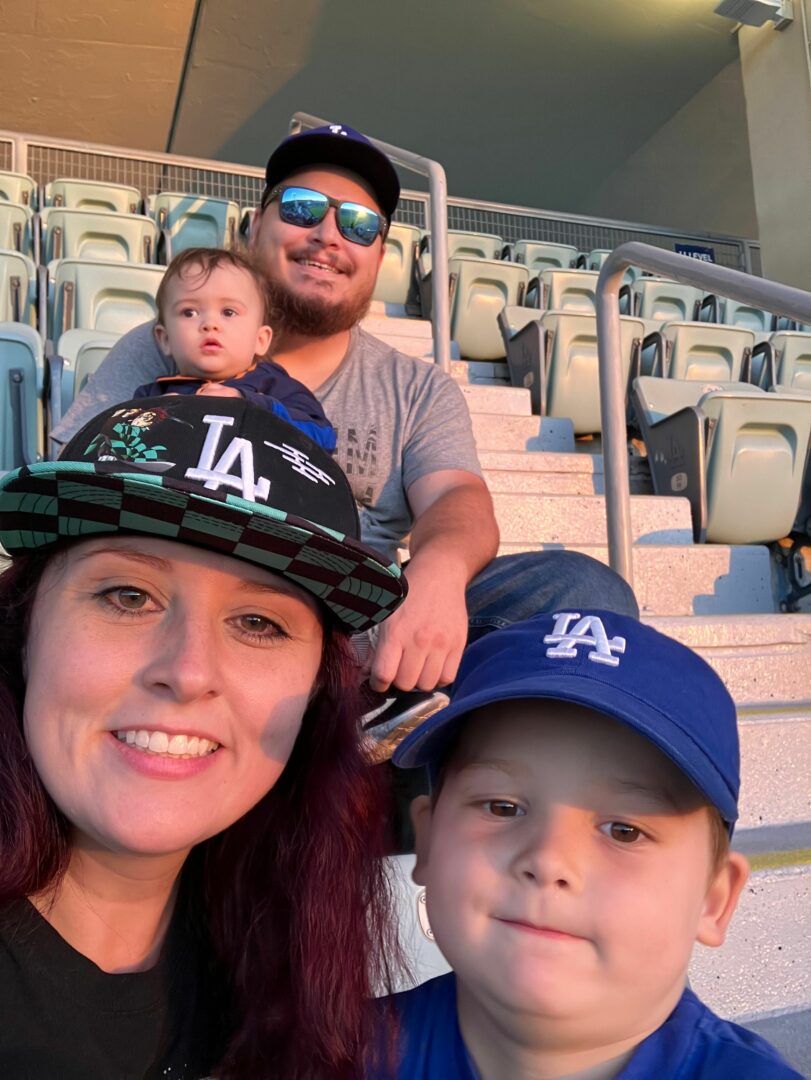
Looking back, what do you think were the three qualities, skills, or areas of knowledge that were most impactful in your journey? What advice do you have for folks who are early in their journey in terms of how they can best develop or improve on these?
Looking Back: The Three Qualities That Shaped My Journey
When I look back on both my personal and professional journey — from navigating postpartum depression to building a career as a therapist and mother — there are three qualities that I believe had the most impact on my growth: self-compassion, curiosity, and resilience.
1. Self-Compassion
For a long time, I held myself to impossible standards — as a new mom, a therapist, a wife, a woman trying to “do it all.” I believed that understanding mental health meant I should somehow be immune to its challenges. It wasn’t until I learned to extend myself the same kindness I offer my clients that real healing began.
Self-compassion doesn’t mean letting yourself off the hook; it means acknowledging that you’re human. It allows you to move forward without shame, to learn rather than self-criticize.
Advice: Start by noticing your inner dialogue. When you’re being hard on yourself, pause and ask, “Would I say this to someone I care about?” Practice speaking to yourself with gentleness and understanding — even when you fall short. That’s where healing starts.
2. Curiosity
Curiosity has been the key to my personal insight and my work as a therapist. Instead of judging my emotions or circumstances, I began asking why. Why do I feel this way? What is this moment trying to teach me? That mindset helped me stay open to growth rather than stuck in guilt or fear.
Advice: Cultivate curiosity by allowing space for your emotions without rushing to fix them. Journal, reflect, or simply pause before reacting. Curiosity turns pain into information — and information into empowerment.
3. Resilience
Resilience, for me, wasn’t about “bouncing back.” It was about allowing myself to break open and then rebuild in alignment with who I was becoming. Through postpartum depression, motherhood, and entrepreneurship, I learned that resilience often looks like showing up again and again — even when it’s hard, even when you’re uncertain.
Advice: Build resilience through consistency and connection. Seek support when you need it, rest when you can, and remember that progress doesn’t always look linear. Over time, you’ll realize that every challenge you face is shaping you into someone stronger, wiser, and more grounded.
Together, these three qualities — self-compassion, curiosity, and resilience — have guided me through the most pivotal chapters of my life. They remind me daily that growth is not about perfection; it’s about presence. For anyone early in their journey, know this: you don’t have to have all the answers to take the next step. Just start — and be kind to yourself along the way.
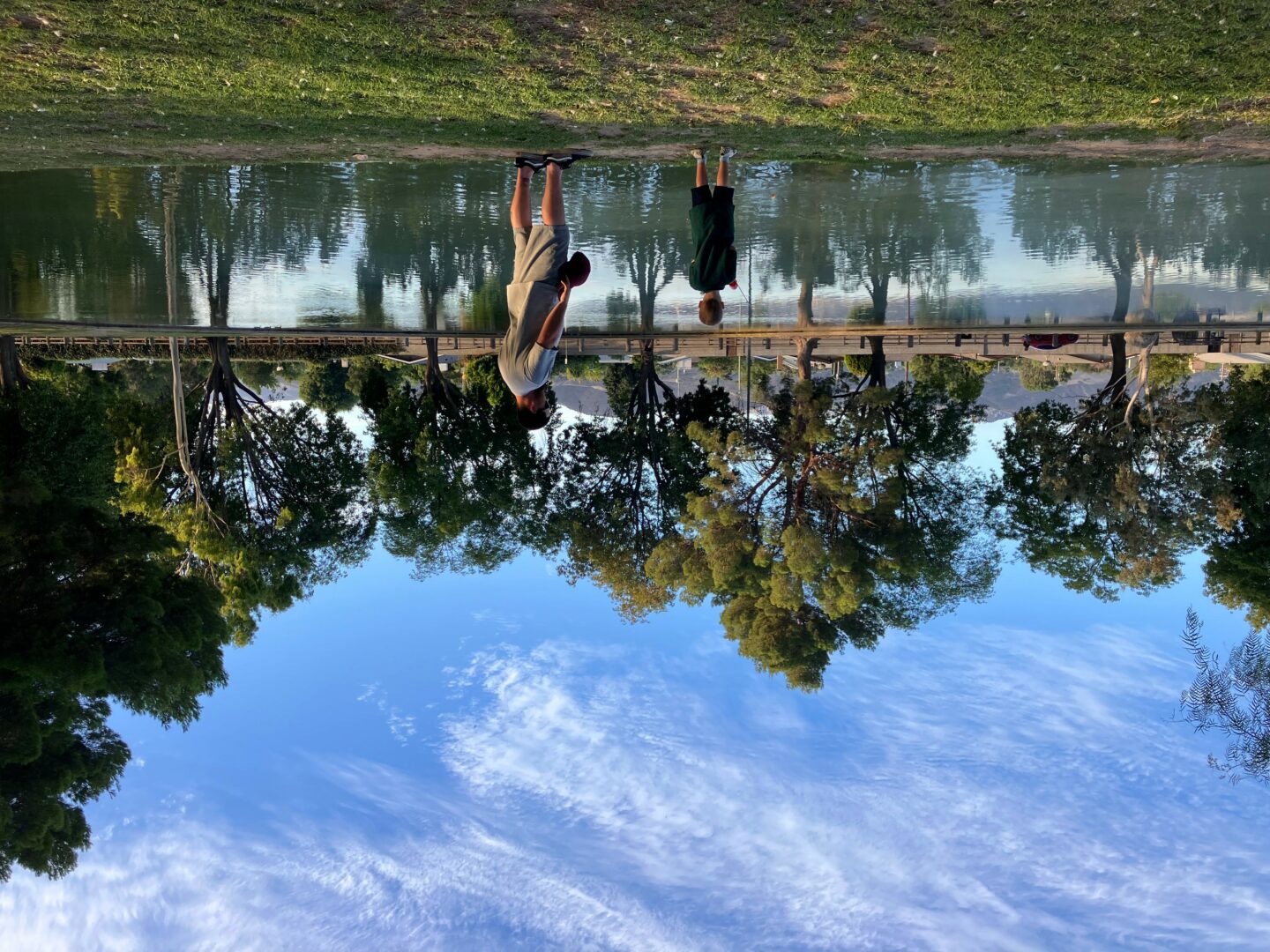
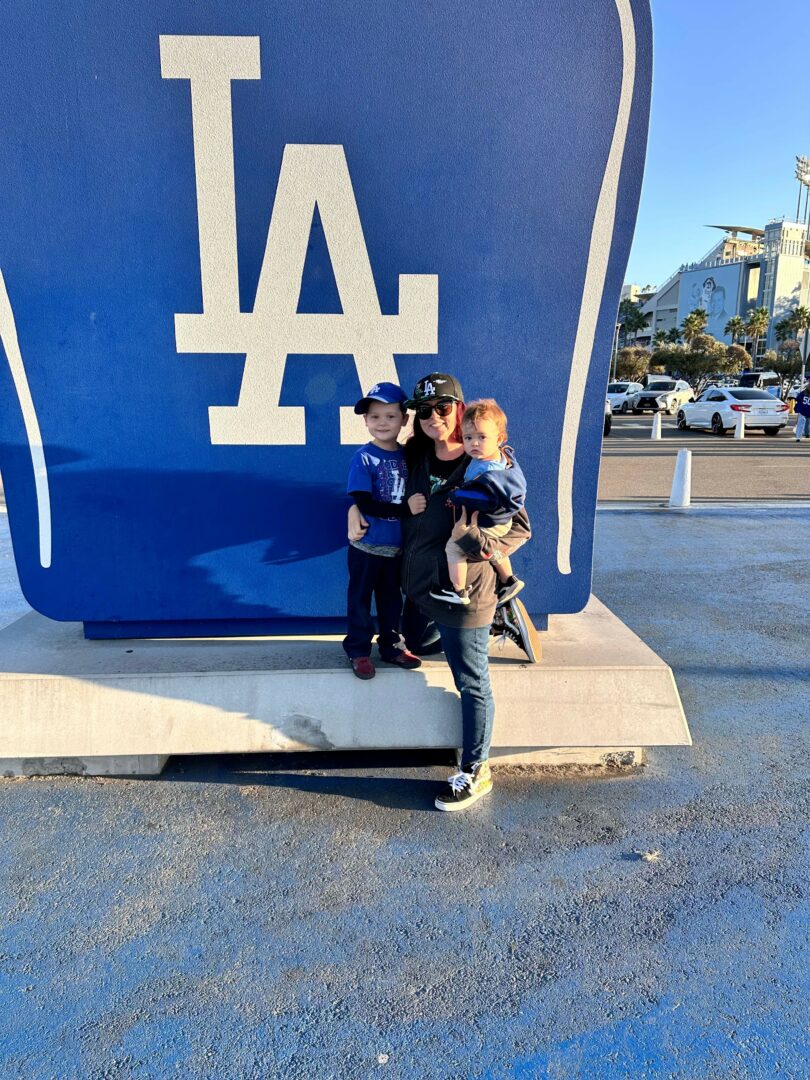
Thanks so much for sharing all these insights with us today. Before we go, is there a book that’s played in important role in your development?
The Books That Changed My Perspective
Two books that have profoundly shaped my personal and professional growth are Brené Brown’s Daring Greatly and Michael Easter’s The Comfort Crisis. Both offered insight at pivotal times in my life, reminding me of the importance of courage, vulnerability, and intentional discomfort.
Brené Brown’s Daring Greatly reframed how I understand vulnerability — not as weakness, but as strength in motion. As a therapist, I’ve always valued authenticity, but this book pushed me to live it more deeply in my own life. Brown’s message — that courage and connection come from our willingness to be seen, imperfections and all — helped me soften the unrealistic expectations I placed on myself as a mother, professional, and partner. One of the most powerful takeaways for me was that shame cannot survive empathy. When we bring our struggles into the light and allow ourselves to be met with understanding, healing begins.
The Comfort Crisis, on the other hand, challenged me to reconsider my relationship with discomfort. Michael Easter explores how our modern world has become obsessed with ease — and how that constant pursuit of comfort can dull our sense of meaning. His perspective resonated deeply during my postpartum years, when everything felt overwhelming and uncertain. I realized that growth often lives on the other side of discomfort. The message wasn’t about pushing through pain for the sake of it, but about embracing challenge as a pathway to strength and clarity.
Together, these two books taught me something essential: to dare greatly often means to sit in discomfort with compassion. Whether it’s facing emotional pain, confronting fear, or pursuing personal growth, the courage to stay present through the hard moments is what transforms us.
As a therapist, I now weave those lessons into my work — encouraging clients to be brave enough to be vulnerable, and strong enough to tolerate discomfort on the way to healing. These books didn’t just change how I think; they changed how I live and how I show up for others.
Contact Info:
- Website: https://www.emotive-therapy.com/
- Instagram: https://www.instagram.com/emotive_therapy/
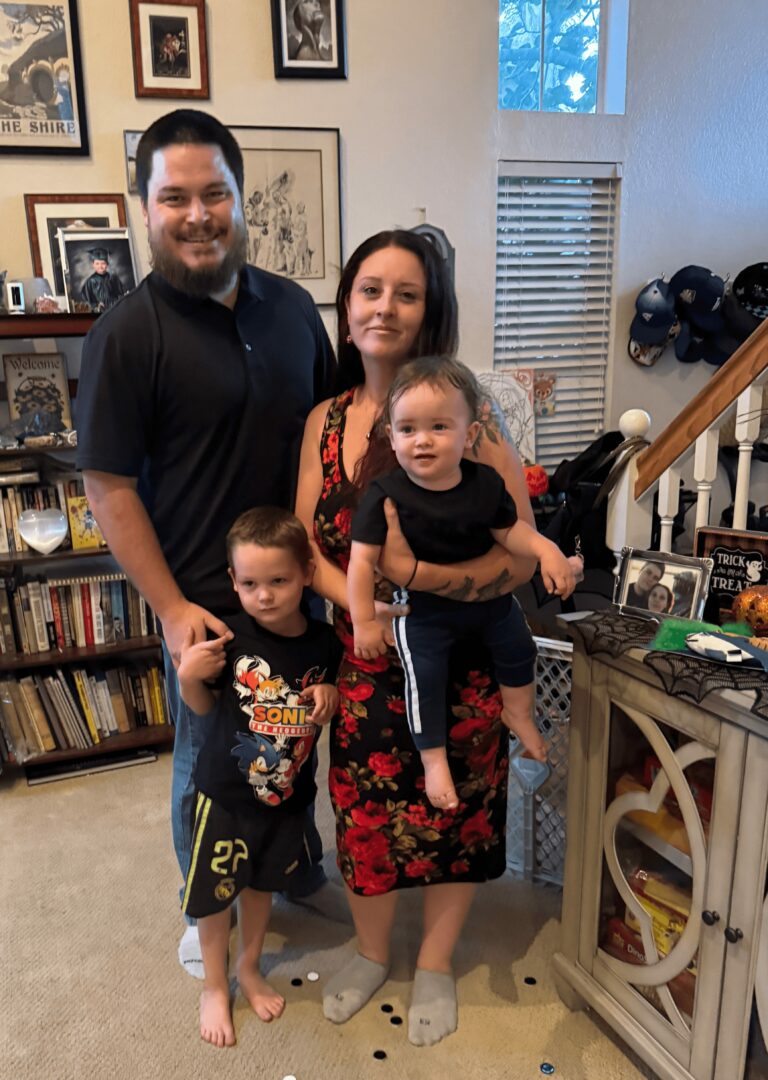
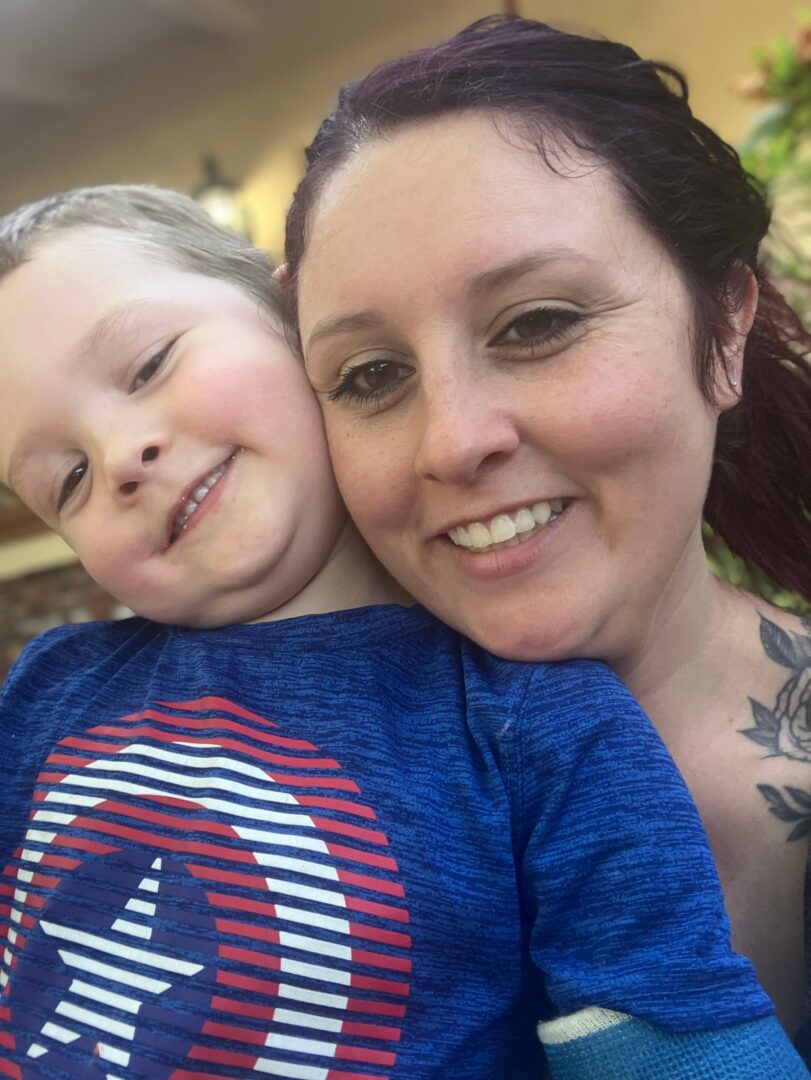
so if you or someone you know deserves recognition please let us know here.



